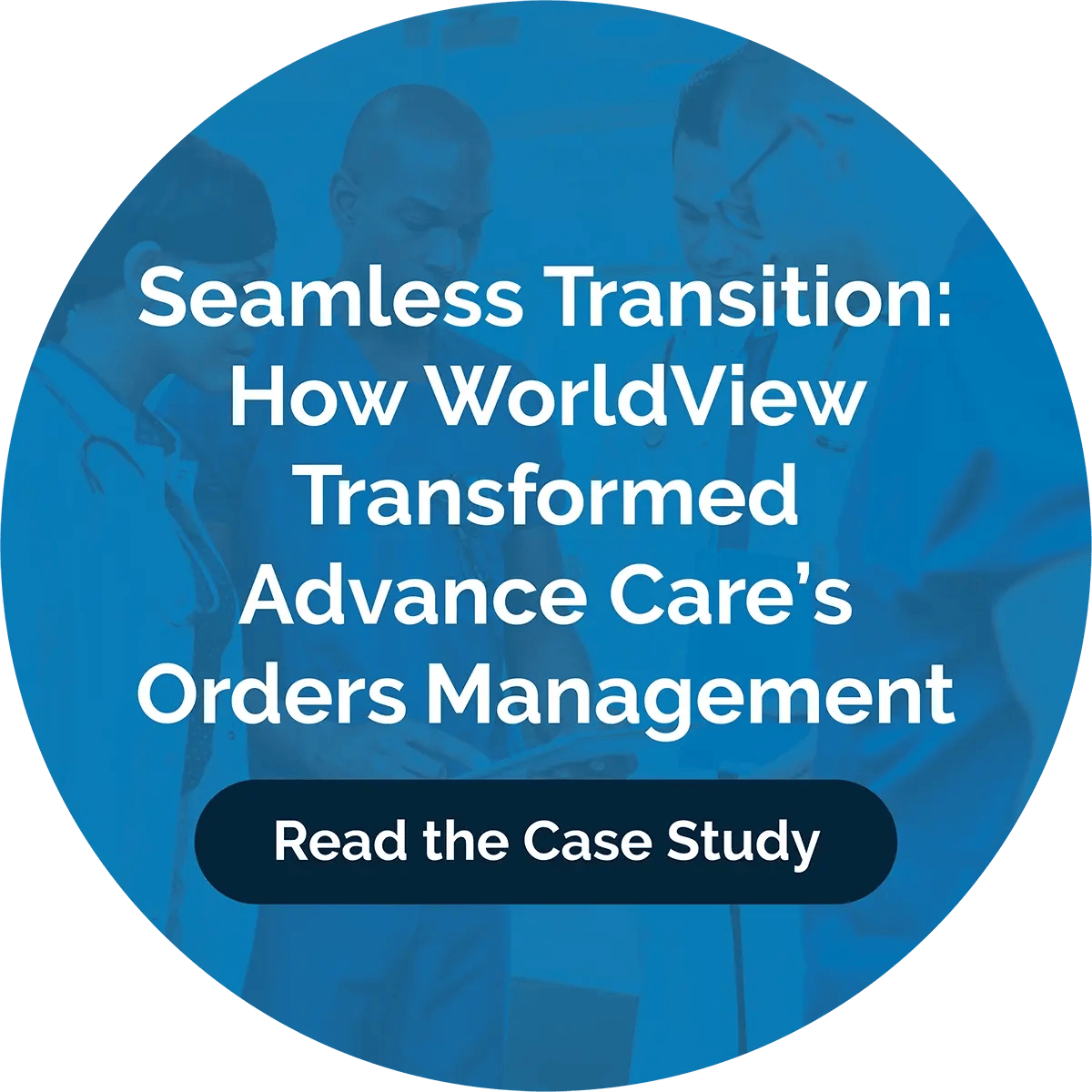Mastering the ERP Selection Process

An enterprise resource planning (ERP) system can help make your processes more efficient, allowing your team to be more productive. With the right ERP, you can improve how data flows across your company, eliminate redundant tasks, and make it easier for each department to coordinate.
There are plenty of ERP systems and vendors to choose from, so the ERP selection process is important. Follow these steps to select the right ERP system for your company.
The Steps to a Good ERP Selection Process
Before you start looking for an ERP system, do some research. Map out your business processes and determine which are most in need of ERP. Once you’ve determined your business's needs, follow these steps:
- Decide on key functionalities: Gather a research team with members from every department that will be affected by your ERP and make a list of functionalities you need in a solution.
- Set your budget: ERP solutions differ in functionality and scale. Determine what you’re comfortable spending on up-front costs, implementation, customization, and customer service.
- Assess different systems: Narrow your list of potential solutions down and compare your top choices in depth.
- Select your vendor: Choose a software vendor with the platform, experience, and service that best match your business's needs and budget.
ERP Software Selection Process Initial Requirements
Your specific ERP needs will vary based on the nature and size of your business. However, you should consider the following when evaluating ERP software:
- Functionality for your company and industry
- Experience in the industry
- Price
- Implementation needs
- Technological needs
- Scalability
- Customization
- Potential risk
- Customer support
Choose a platform you can use with your existing tech, including computers, tablets, and smartphones. Check out how the software integrates with other essential applications. You can save more money on implementation by looking for platforms that work with what you’re already using.
Look for a vendor that has experience in your industry and will offer exceptional customer service and tech support.
Questions to Ask Vendors During the ERP Selection Process
Knowing which questions to ask during the ERP selection process equips you to select the right vendor the first time. In the first step of the selection process, while you’re analyzing your business's needs, come up with your questions.
You should be able to communicate your needs to each vendor to get an accurate idea of how well its product can solve your pain points. Do some research on each company before scheduling a sales call. When you meet with the sales team, ask these questions:
- How long have you been in business?
- What is your experience in our industry?
- What experience do you have with similar customers?
- What does your customer support process look like?
- What is your process for implementation?
- What are all of the costs associated with this system?
- How do you integrate new and emerging technology into your system?
- What integrations do you offer?
- What types of services do you offer with an account?
- How do you improve your software over time?
Ask these and any other questions that will give you a good idea of the vendor’s business history and potential longevity. Look for a vendor that gives you specific answers with detailed milestones. You want to work with a reputable company that's dedicated to improving its product.
ERP Selection Process Checklist
Since you’re working with a lot of data, use a checklist to make sure you’re selecting the right vendor for you. A checklist for the overall process may include the following steps:
- Evaluate your business's needs.
- Develop your selection criteria.
- Define your budget and implementation timeline.
- Narrow down your list of potential vendors.
- Compare vendors.
- Schedule sales calls or product demonstrations.
- Purchase and implement the best ERP system.
You can also create checklists for a side-by-side comparison of each vendor. Enter all of your desired criteria into a spreadsheet and check off desired features in each system. Take notes during each sales meeting. That way, you’ll have all the information you need to make a good decision.
ERP and Enterprise Content Management Systems
ERP systems integrate various functions across your business and help make your workflows more efficient. Enterprise content management (ECM) helps your business organize unstructured data, including paper, digital files, and more, to improve your communication and make sure everyone is working with the same data.
Integrating your ECM with your ERP system lets you go paperless, automate processes, and eliminate manual data entry. Your ERP system will extract and index data from the documents your ECM handles.
WorldView’s ECM solution allows you to index, store, and retrieve documents with ease. It integrates with multiple ERP systems, helping you manage your documentation and automate your workflows. To learn more about how we can help your organization, schedule a demo today.
Blog Post Tags
BusinessGet Awesome Content Delivered Straight to Your Inbox!
Posts by topic
- Healthcare
- Business
- AI
- Hospice
- AP Workflows
- Home Care Management
- hospice-care
- General
- Industry Insights
- agency
- Blog
- Commercial
- reporting
- Data Analytics
- billing
- referrals
- News
- Referral AI
- business goals
- Operations
- business development
- partners
- Integration
- Healthcare Trends
- leadership
- Medicare
- Compliance
- audit
- medicaid
- Better Charting
- Home Health Reimbursement
- Medicare Compliance
- regulations
- Application
- Automation
- CMS Updates
- finance
- CRM
- DMSi
- Events
- KanTime
- LUPA Threshold
- Press Release
- Revenue Growth
- home Health Operations
- hospice workflow
- Announcements
- Artificial Intelligence
- EHR
- ESign
- Guides
- Homecare Homebase
- Mobile
- PDGM 2026
- Physician Order Tracking
- axxess
- clinical
- document management
- interoperability
- mobile documentations
- payor
- secure messaging healthcare
- workflow automation See All See Less


.png?width=596&name=23%20(1).png)
.png?width=596&name=1%20(18).png)
.png?width=596&name=1%20(14).png)